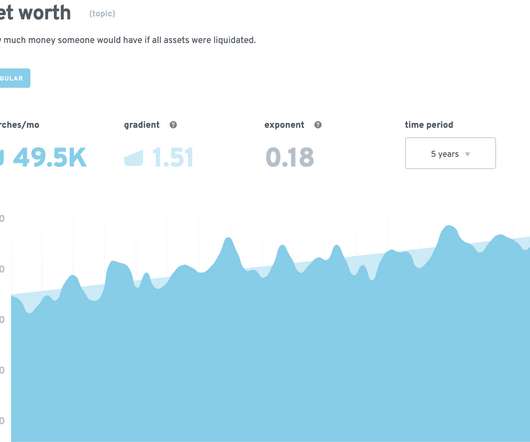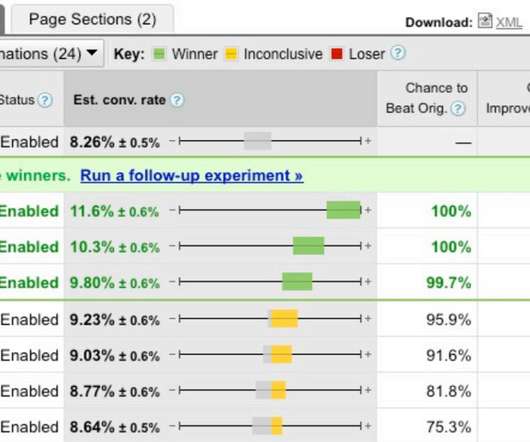A framework to think about pricing seed, angel, and venture capital rounds
This is going to be BIG.
MAY 17, 2012
Getting less dilution than standard means that you have to have made fantastic progress, have a world class team, etc. The question then becomes whether or not there's any significant reason to move off of that default. Note that, to even get venture in the first place, you are special.







































Let's personalize your content